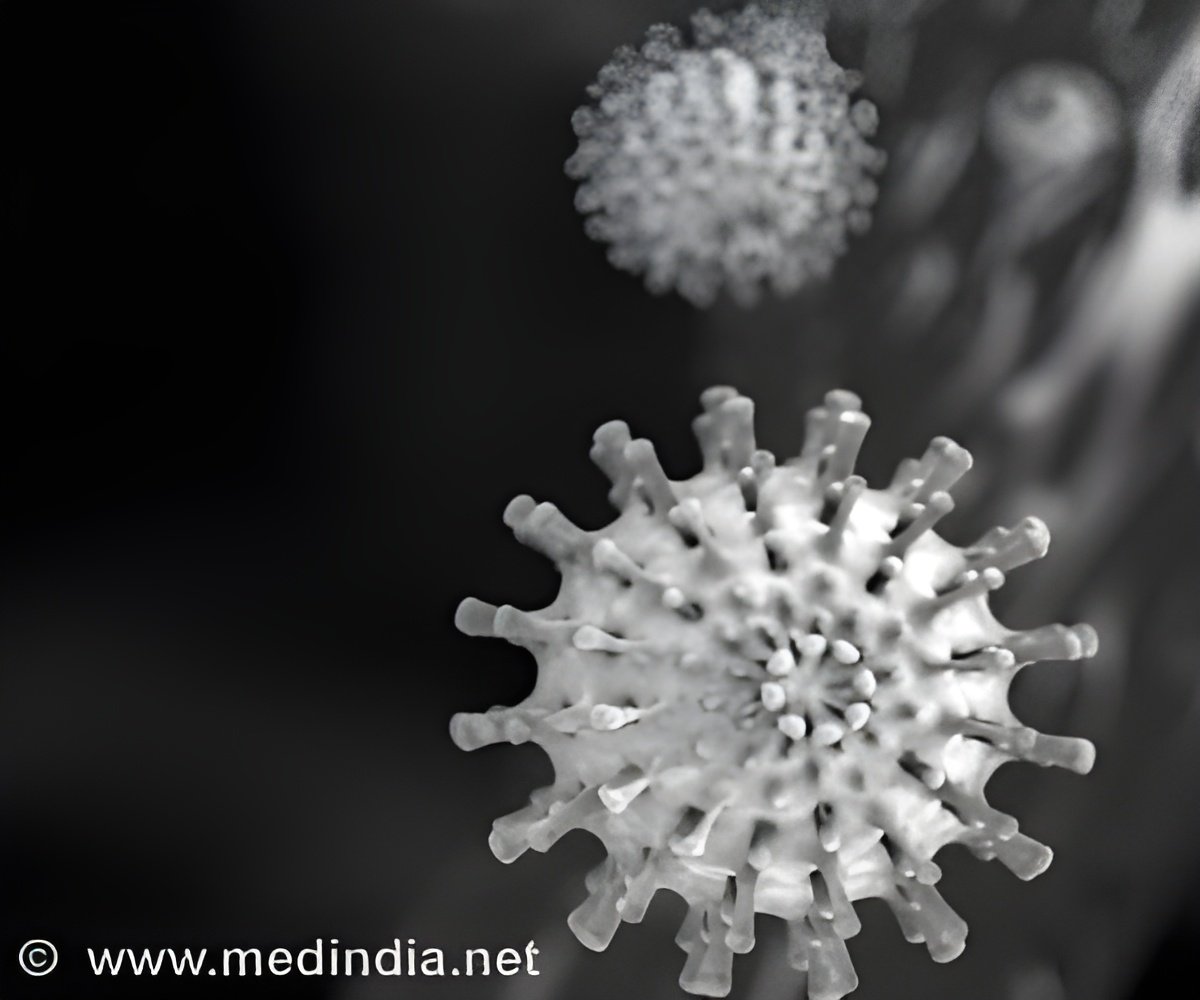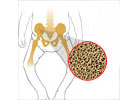
‘Iron oxide nanoparticles are promising for carrying cancer drugs that target specific tissues when they are coated with a biocompatible shell that carries a specific drug.
’
Tweet it Now
Magnetic IONPs are promising for carrying cancer drugs that target specific tissues when they are coated with a biocompatible shell that carries a specific drug. If the IONPs are too large, it may be cleared from the blood stream. The researchers found that controlling the size of these particles with diameters ranging from 10 to 100 nanometres are optimal for intravenous injection and can remain in the bloodstream for the longest period of time.The surface charge of IONPs is also important for their stability and how they interact with tissues. For instance, breast cells take up positively charged IONPs better than negatively charged ones. However, positively charged IONPs are more rapidly cleared from the circulation. Negatively charged and neutral IONPs tend to remain longer in the circulation.
The surface charge of IONPs can be controlled by using an appropriately charged functionalized material as a shell. Other applications that can benefit from improving the functionality of magnetic IONPs include magnetic resonance imaging, magnetic hyperthermia and thermoablation (killing selected cancer cells with heat), and biosensing (detecting molecular interactions for disease diagnosis).
The researcher team will be focussing on fabricating recyclable magnetic IONP catalysts and designing multifunctional biomedical applications, involving magnetic IONPs, that can play a dual role in diagnosing and treating disease, says Professor Wei Wu from China's Wuhan University.
The review is published in the journal Science and Technology of Advanced Materials.
Advertisement















